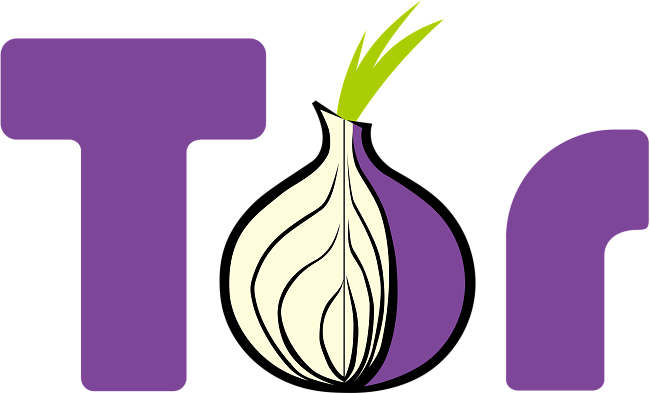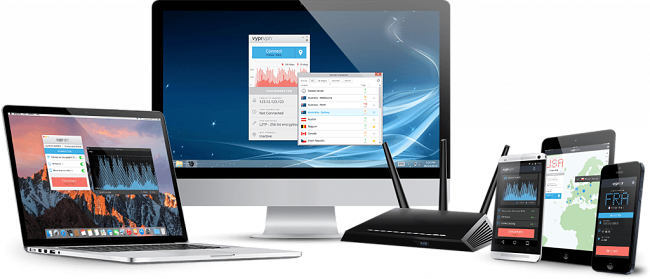How to Safely Access the Internet in the UK and Turkey
No matter where you live in the world, you’ve probably heard about Internet censorship. What this means in a nutshell is that your country’s government is wielding its power to decide what Internet content is acceptable for viewing.
That might sound a little too close to “Big Brother” mentality for your tastes. While a government might believe it’s acting in the best interests of its citizens, doing so by taking their rights to view free information smacks of more heavy-handed dealings.
This blog will take a deeper diver into how Internet filtering and censorship work in the UK and Turkey and explore workarounds for these two countries.
Important! My team and I don’t condone illegal behavior and the protection of a VPN doesn’t give you license to commit illegal acts. Wherever you are, please exercise a basic level of caution when using a VPN and make sure to research your local laws.
Internet censorship in the UK
UK Internet users are prohibited from viewing many websites by way of filtering done by their Internet Service Providers. This filtering program has been in place since the end of 2013, although customers have the right to opt-out of the filtering to access blocked content, which includes websites featuring gambling, pornography, self-harm, cyberbullying, hacking, etc. While users can opt out of the filtering, they often still have their data monitored and rerouted by the in-place system, which leaves their data vulnerable. The heavy hand has resulted in “over blocking” where the ISPs are not allowing access to help sites for drugs, addictions, and suicide because they contain key blocked phrases. Most libraries and schools also filter social websites such as YouTube, Twitter, and Facebook. Even Google feels the sting of filtering in the UK. The “SafeSearch” filter on Google cannot be turned off as of 2012.
Internet censorship in Turkey
Turkey has experienced multiple forms of censorship since President Recep Tayyip Erdogan took office. The president has already imposed restrictions on that country’s mainstream media, part of a program that began in 2016 when a coup against him failed. 150 media outlets were closed after the coup and hundreds of journalists arrested. A new law in Turkey gives the government group Radio and Television Supreme Court the power to halt live-streaming and fine companies over content. Any online news outlet must also now apply for a license to broadcast in Turkey. Turkish regulator BTK removes content and blocked websites, such as Wikipedia, that the government does not approve of.
Safely Accessing the Internet with Proxies
One of the simplest ways to combat censorship and filtering is using a web-based proxy. These websites allow you to enter a site’s address and be rerouted to a server in another country. Both UK and Turkey have taken measures to block proxy services as well, but there are always new ones cropping up, some with names that don’t automatically give them away as being proxy sites.
A concern on using proxy sites is that there is no security involved, meaning anyone can spy on your connection and the proxy itself will have a complete record of where you went, what you uploaded, what you requested, and what you downloaded.
Safely Accessing the Internet with Tor

Tor is an open-source software web browser built on the model of Mozilla Firefox. Tor even has a function asking if you are in a country practicing censorship so it can add extra protocol to shape a censorship-free environment. Tor works by using a global network of proxy sites to constantly send your connection to a new location. By the time it actually pings the censored website, the country’s DNS server has no way of proving where it came from and lets it pass without a problem.
Safely Accessing the Internet with a VPN

Virtual Private Networks (VPNs) engage encryption, remote servers and extra security functions to provide you with the safest access to websites.VPNs are more difficult to use in Turkey than they are in the UK because the Turkish government has blocked the term ‘VPN’ and multiple top-10 VPN websites from being accessed. In that instance, the only way to download a VPN client for your computer or other Internet-capable device is to do it before traveling to Turkey or use one of the other methods listed above to access a VPN site, download the app, then start using the VPN for your browsing.
To best visualize how a VPN works, imagine traveling through a covered highway from one destination to the next. While outside observers might know that your car is in the tunnel, they cannot tell what color it is, how fast it is traveling, or who is inside it. When you connect to a VPN network, it creates an encrypted tunnel between your device and a remote server located outside the censored country. When your requests reach the remote server, they are decrypted and sent on to the website you are trying to reach. Any information you download from the Internet is sent back to the remote server, not to your computer. There, it is encrypted and send back through the aforementioned tunnel to your computer, then decrypted again for your use.



